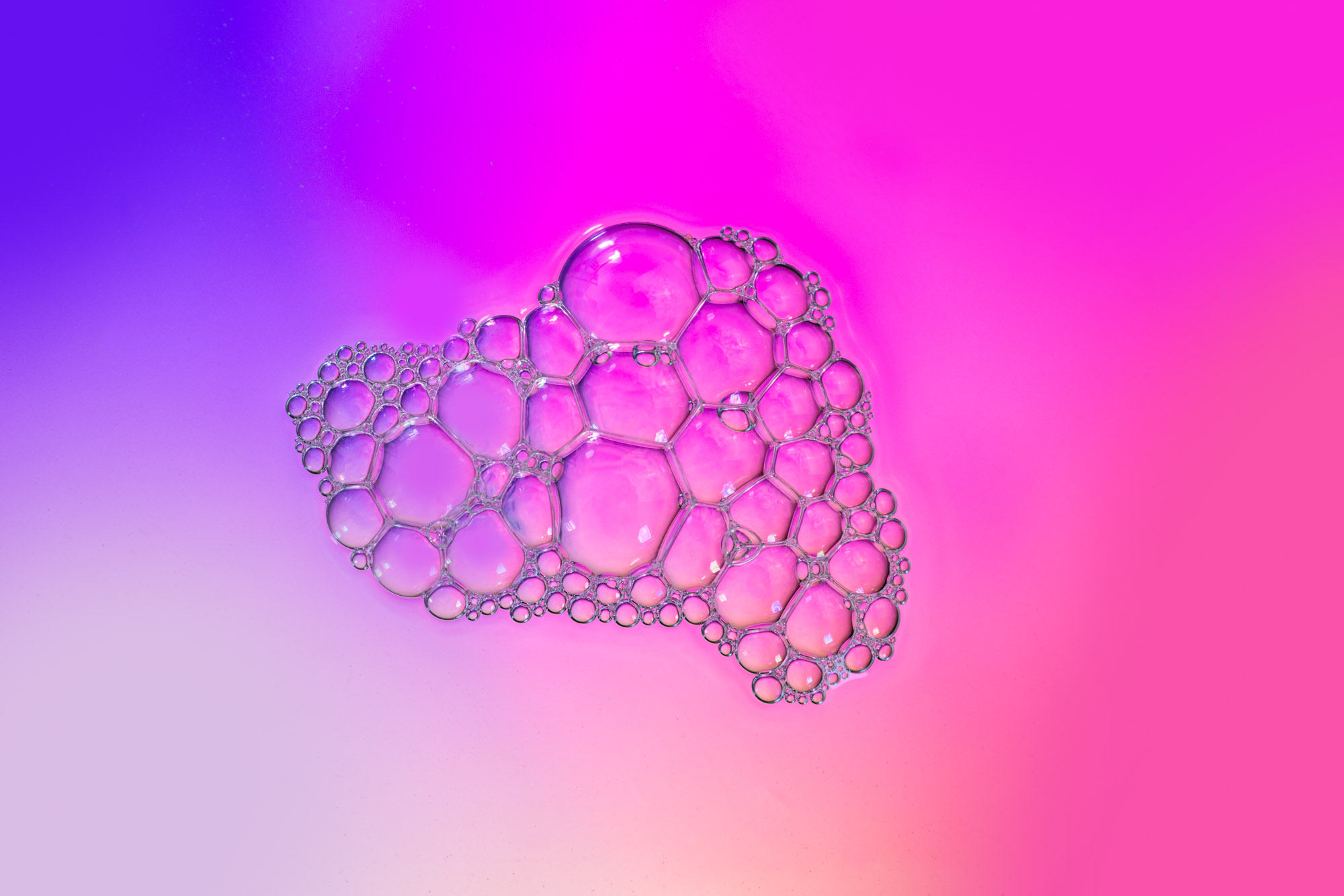Exploring the Benefits and Varieties of Hyaluronic Acid in Skincare

What is Hyaluronic Acid?
Hyaluronic acid, also known as sodium hyaluronate, is a naturally occurring molecule within the human body, primarily found in the skin, that boasts numerous benefits. These benefits include hydration, lubrication of joints, and a space filling capacity. Comprised of a disaccharide chain of D-glucuronic acid and D-N-acetylglucosamine, this molecule also plays a pivotal role in wound healing and ensures scar-free tissue repair.1

The Role of Hyaluronic Acid in Skin Hydration
In the skin, hyaluronic acid acts as a hydrating agent due to its hygroscopic nature—it attracts water molecules, retaining up to 1000 times its weight in water. Predominantly found in the dermis and, to a lesser extent, in the epidermis, it functions as a sponge, filling intercellular spaces and maintaining skin plumpness and firmness. Additionally, numerous studies have demonstrated its effectiveness in wound healing, further showcasing its versatility.
Consequences of Decreased Hyaluronic Acid Concentration
As individuals age, both intrinsic and extrinsic factors, such as UV radiation (photoaging), contribute to skin degradation. While intrinsic degradation is unpreventable, because it is linked to hormonal changes such as menopause, it is possible to limit the effects of extrinsic aging (i.e., using suncream). Fibroblasts, crucial cells in the dermis responsible for hyaluronic acid production, become damaged over time. By the age of 50, the epidermis contains minimal hyaluronic acid, and the dermis may have lost half its initial quantity. Consequently, the skin becomes thinner, less elastic, and more prone to sagging and dryness.
Legyen naprakész
Fedezze fel a tudás és az inspiráció világát - iratkozzon fel blogunkra, hogy exkluzív tartalmakat és izgalmas híreket kapjon a szépségipar világából!
Choosing the Right Hyaluronic Acid for Your Skin
Hyaluronic acid utilized in cosmetics is identical to the molecule found naturally in the body, synthesized through biochemical processes in laboratories. This similarity significantly reduces the risk of allergic reactions, allowing it to be used in a wide array of skincare products. Depending on its molecular weight, measured in Daltons (Da), hyaluronic acid exhibits varying properties:
- High molecular weight hyaluronic acid (> 1,800 kDa): its INCI name is Hyaluronic Acid. This large-sized molecule forms a protective layer on the skin's surface, aiding in moisture retention and imparting a tightening effect.
- Medium molecular weight hyaluronic acid (> 1,000–1,800 kDa): its INCI name is Hydrolysed Hyaluronic Acid. This medium-sized molecule is achieved through a chemical hydrolysis process. It resides within the epidermis, providing sustained hydration throughout the day.
- Low molecular weight hyaluronic acid (> 100–1000 kDa): its INCI name is Sodium Hyaluronate. This smaller molecule penetrates deep into the epidermis, stimulating the body's natural hyaluronic acid production. It effectively reduces wrinkles and enhances skin plumpness.

Conclusion
In conclusion, the diverse benefits of hyaluronic acid make it a valuable component in skincare formulations. Thanks to the research and our knowledge, we know which one is best for you, and we can create products according to your needs.
How do I start my own cosmetic brand?
If you fill out this questionnaire, we will give you a quote at the first meeting, which includes our service costs.
In addition, with our unique project initiation service, we help our clients get started and jointly determine the project budget before the project starts.
We have developed an affordable package to help our customers get started. The fee for creating the product concept documentation is deducted from the total fee at the start of the project. So, if you are still unsure, this service can give you a fuller picture of what you are undertaking during product development, and if you decide to go ahead with product development, this service will cost you nothing. Please contact us if you would like to find out more about this service.
Defining the Product Concept
In the product concept, we define the following with the customer:
- The first products of the product family in the first two years and their timing
- Properties of the products (effect, fragrance, texture, main ingredients)
- Determining the packaging of the products
- Creation of the brand's mission, core values and vision
- Positioning of the brand (pricing, target group)
- Defining the brand style (we create the brief and propose 3 design studios that fit the budget and mood board)
- Market research (market research from a specific perspective, similar to the product concept. E.g. research on a brand and products based on a specific effect or active ingredient)
- Detailed definition of the schedule
- Detailed budget development
Contact us
Book a free 30-minute consultation with one of our founders if you would like to find out more about our service.


